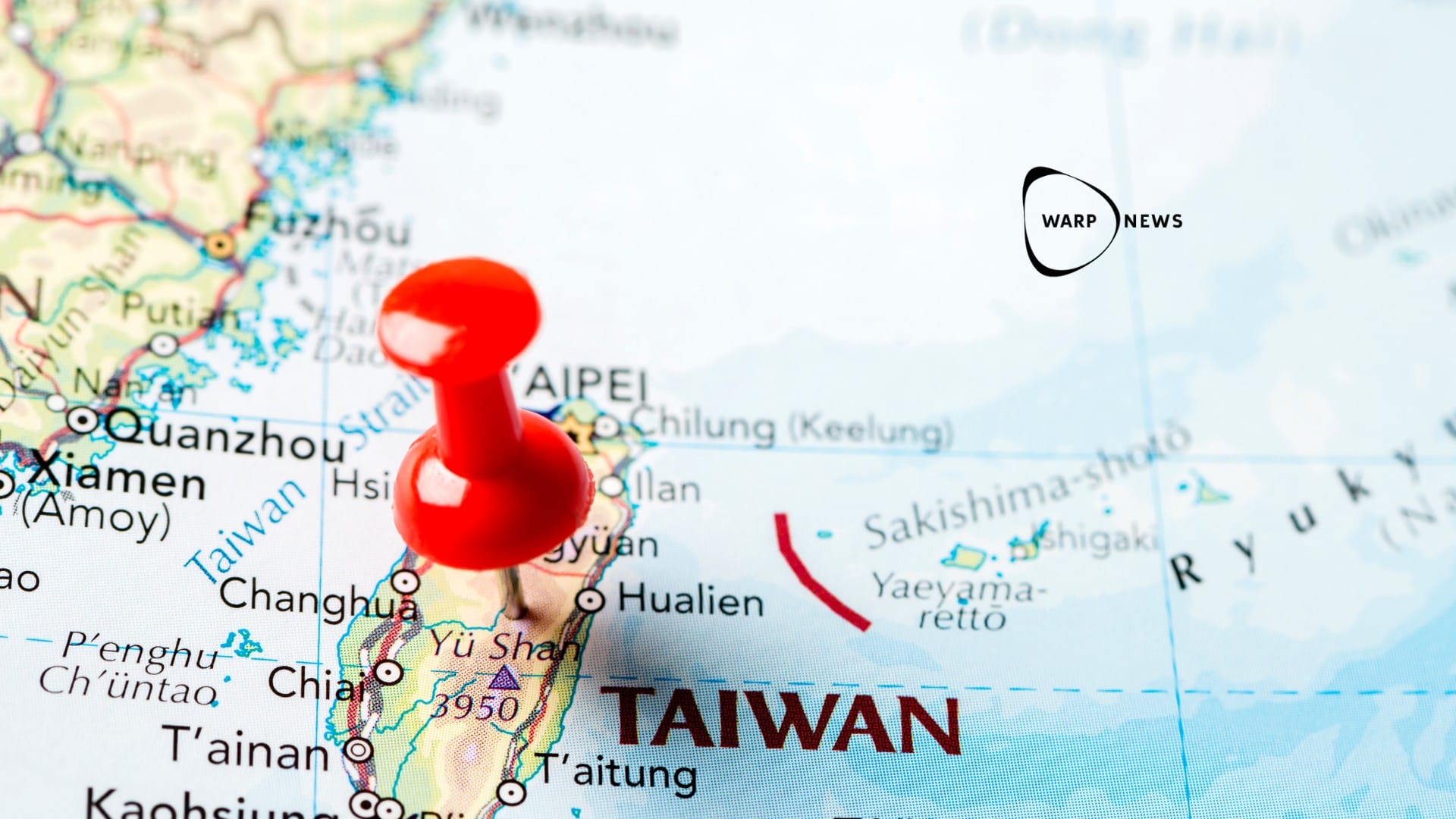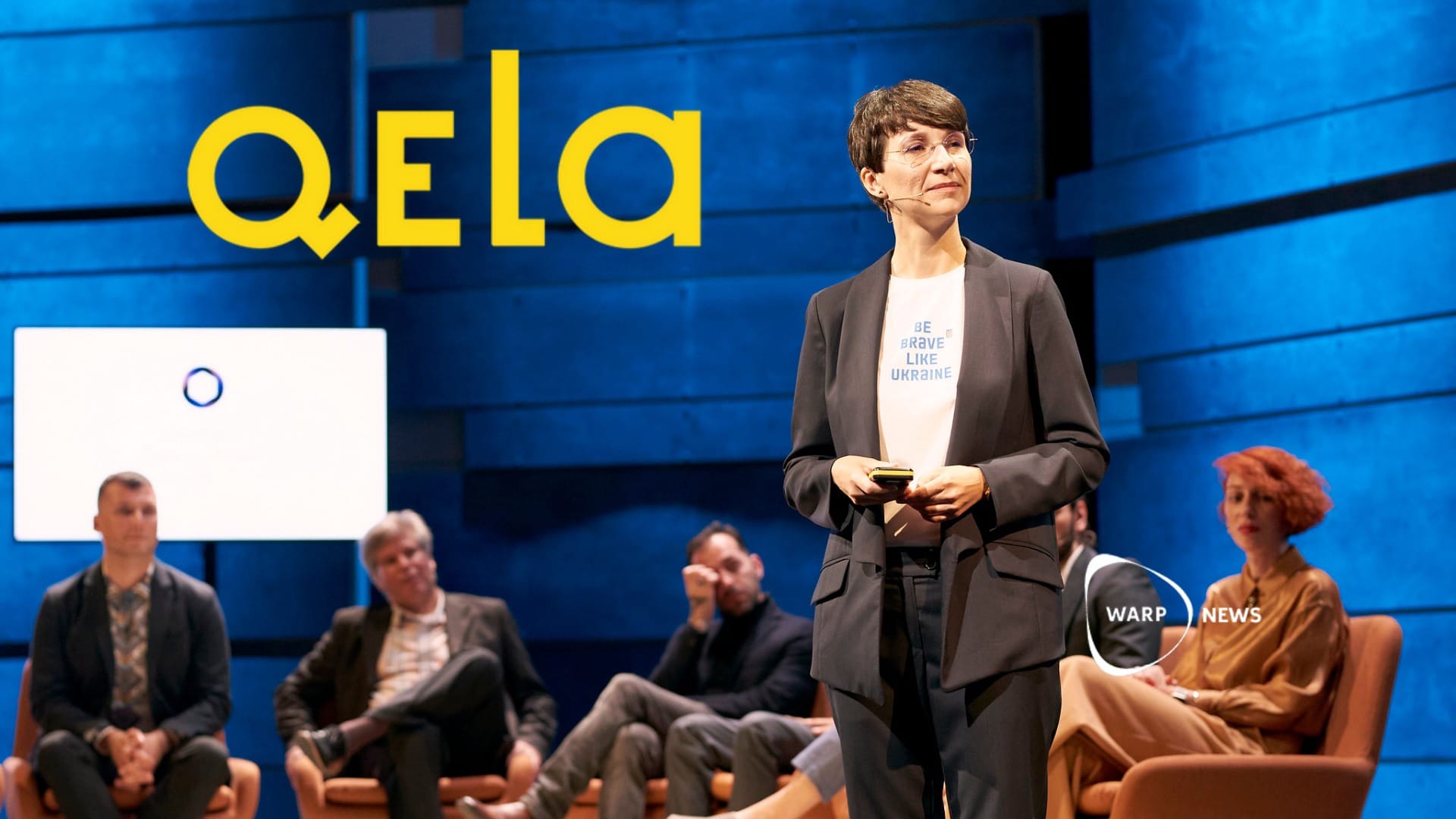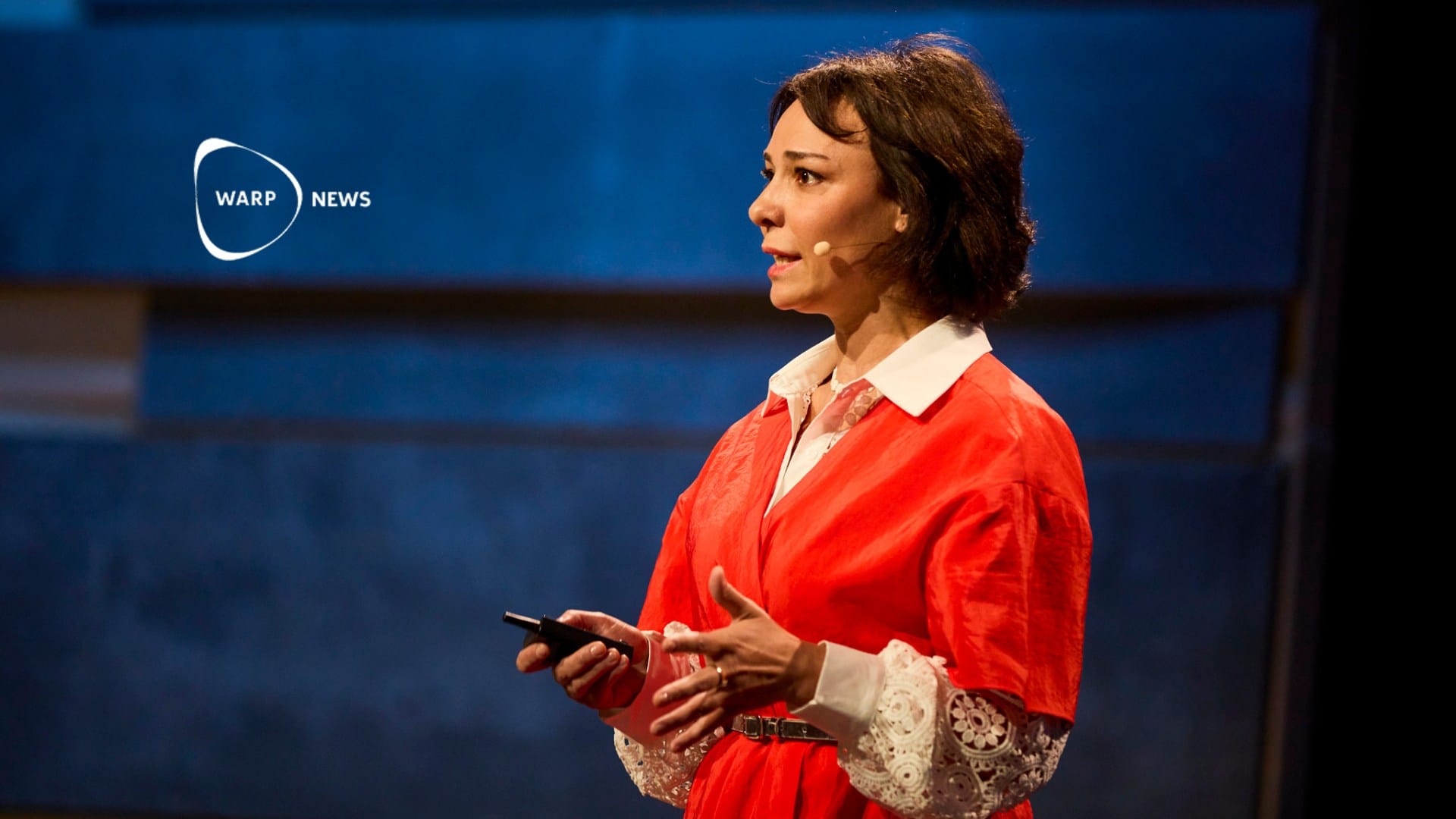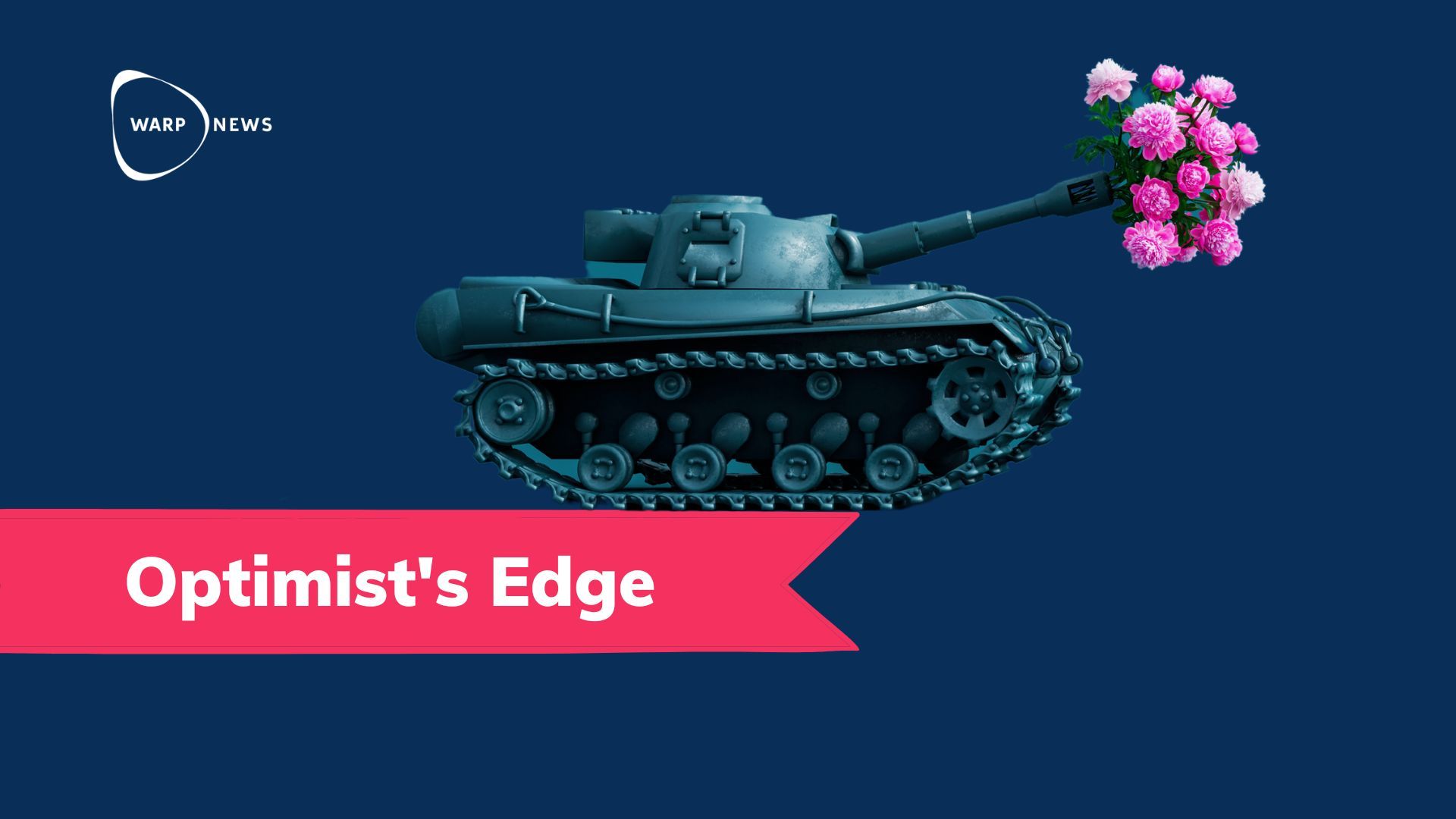
💡 Optimist's Edge: The prosperity of a world without wars
In 2021 the world spent over $2 trillion on military expenses. Over 2000 billion dollars! That is 2.1 percent of the world's gross domestic product, GDP. In a world at peace, that money could be used for science, lowering taxes, art, the environment – or whatever area you prioritize.
Share this story!
📉 What people think
Over 90 percent say freedom of speech, fair elections, and equal rights are important. People worldwide have faith in democracy, according to the Democracy Perception Index from the Alliance of Democracies.
A record number across the 53 countries participating in the survey, says that democracy is important to have in their country (84 percent).
📈 Here are the facts
- Democracies never go to war against each other. (Or very, very rarely, depending on how you define democracy.)
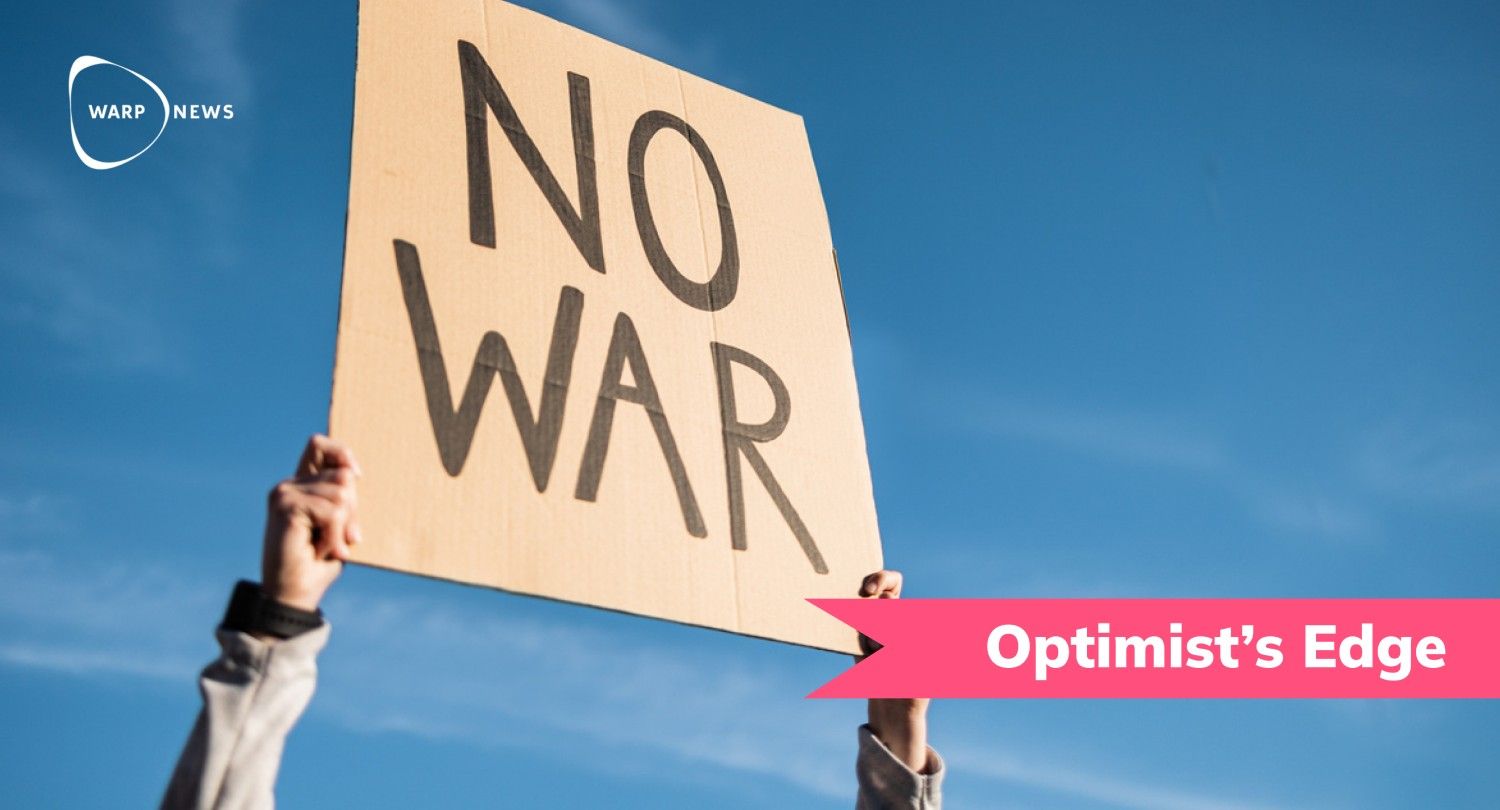
- There has never been a famine in a democracy.
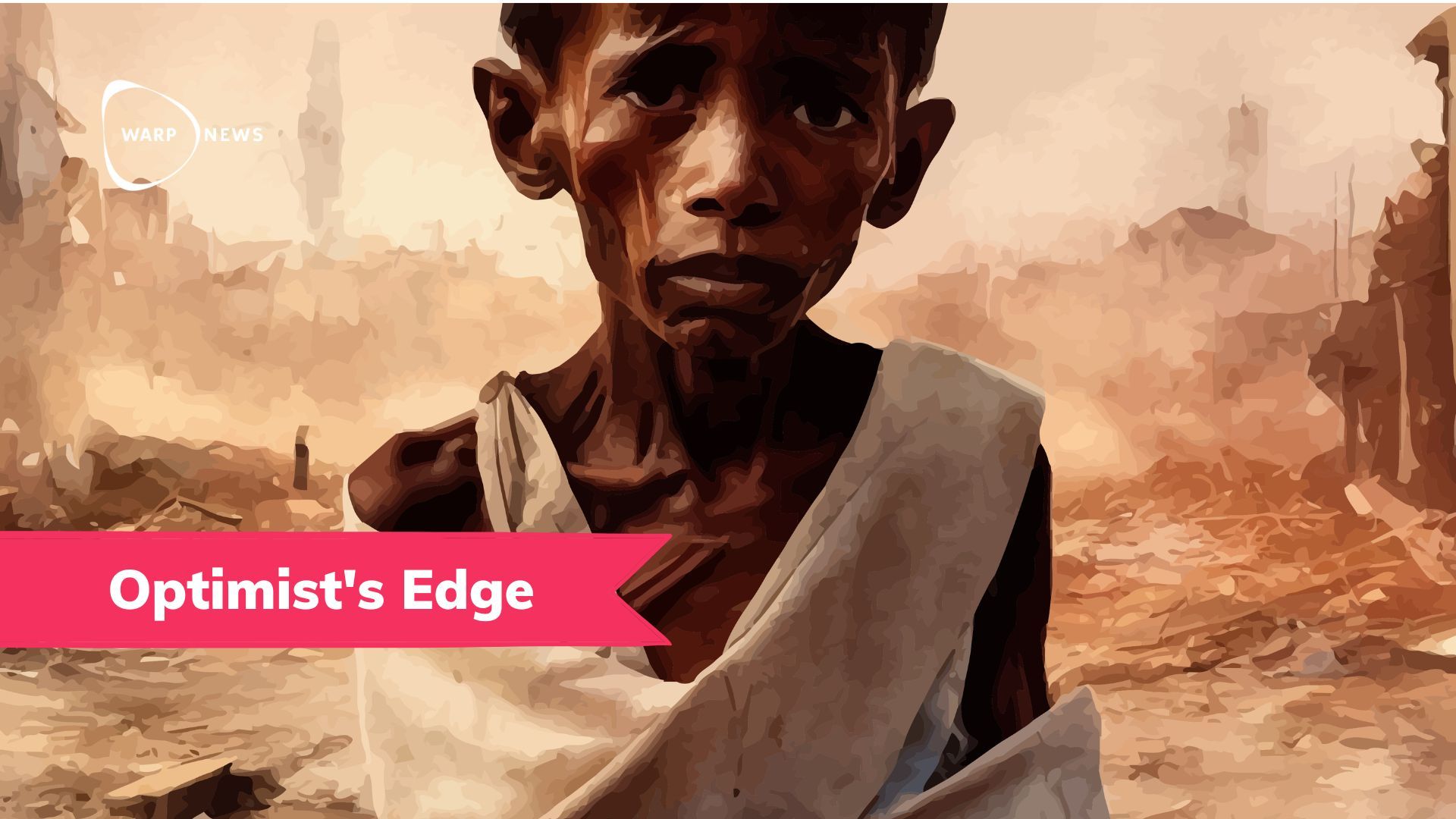
- Citizens in democracies live longer, healthier, and richer lives. Life in a democracy is way better than in an authoritarian country.
- The Freedom and Prosperity Indexes by the Atlantic Council show a strong connection between democracy and a good life. Of all the countries in the world rated Prosperous, all except two also rank as Free.
- People in free countries are almost three times happier than people in Unfree countries.
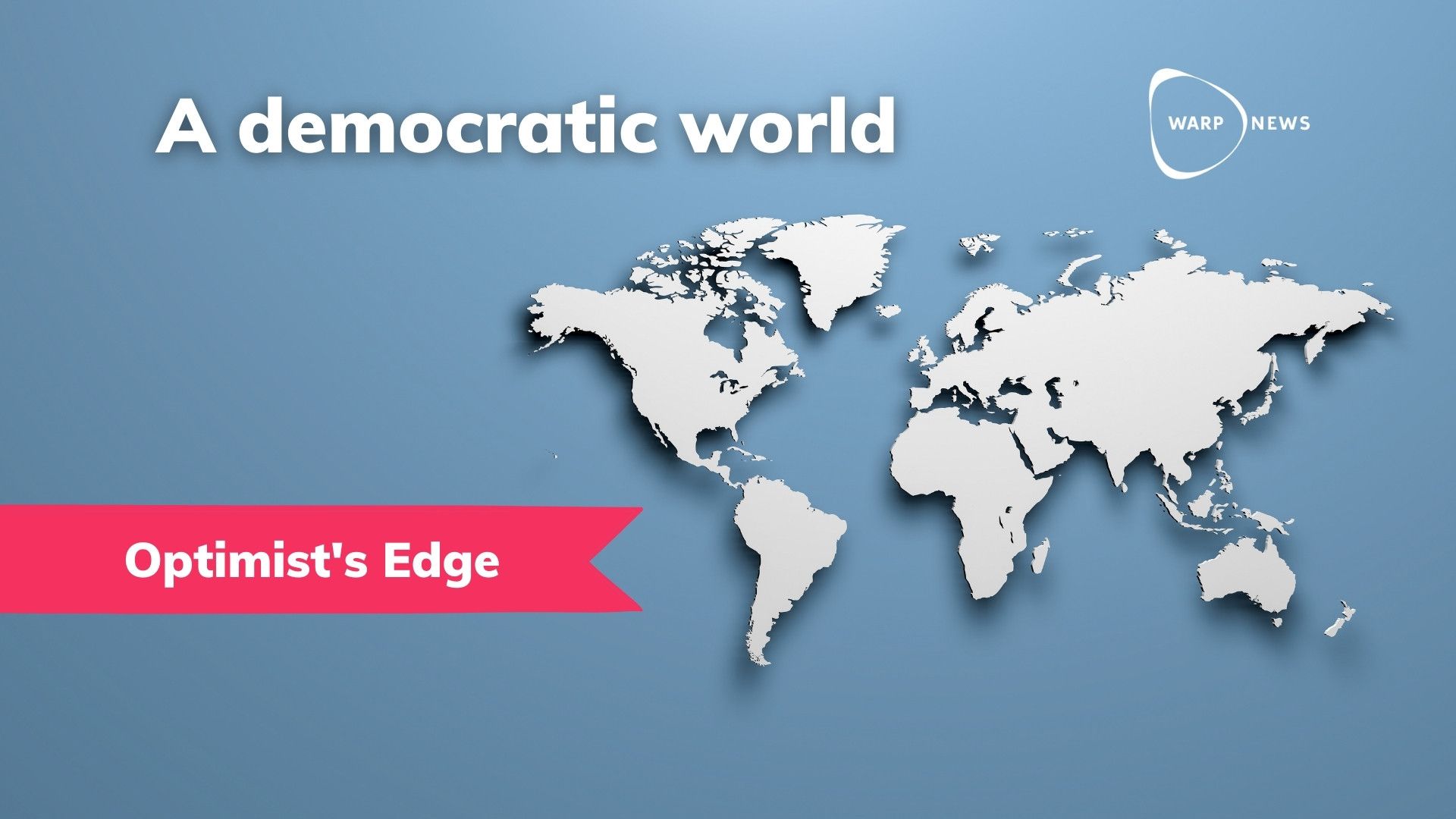
- Democracies also treat the environment better. The average Environment score drops by more than 50 percent when moving from the free group to the mostly Free group.
- In richer, more democratic countries, the decline in wild animals has reversed.
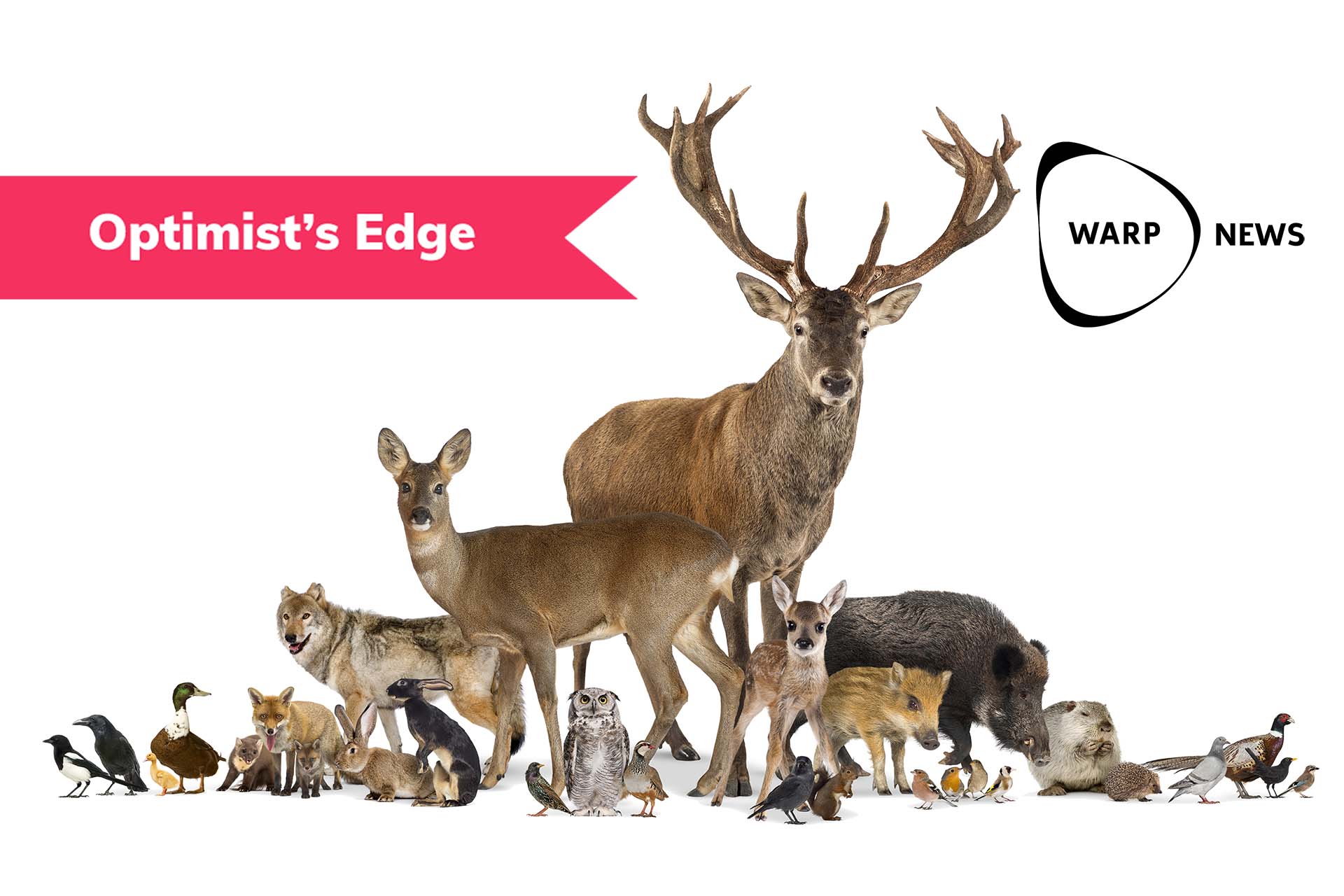
💡 Optimist's Edge
💡 A world where everyone lives in a democracy, is a world at peace, with a new mindset for humanity and immense prosperity.
Imagine a world where every country in the world is fully democratic. No Putins or Kim Jong Ils and no one-party dictatorships. Imagine a world where war would be as absurd as the thought of the United States invading Canada, or Sweden invading Norway today.
War has been part of our history for thousands of years, but would then no longer exist. And without war – and even the prospect of war utterly absurd – there would be no need for a military.
In 2021 the world spent over $2 trillion on military expenses. Over 2000 billion dollars! That is 2.1 percent of the world's gross domestic product, GDP.
In a world at peace, that money could be used for science, lowering taxes, art, the environment – or whatever area you prioritize.
Humanity would be healthier, wealthier, and happier. The average lifespan would shoot up.
No major problems for humanity would exist. There would still be problems, of course, but smaller ones.
That would happen 'just' by everyone living in a democracy. But imagine the changed mindset in a world like that.
When we don't have to worry about war, about famines, or about oppression, how will that change how we think and act?
When all of the world is at the same basic level of prosperity, will we still have borders and countries?
When we don't spend both brain capacity and money on protecting ourselves against each other, what will that new focus mean for human progress?
When you build infrastructure like roads or broadband connection, that makes innovation possible. People use their imagination and ideas to build using that infrastructure. If the world were fully democratic, that would be like a new infrastructure for humanity. On top of which we could build, innovate and create like never before.
👇 How to get the Optimist's Edge
How do we get there? Non-violent revolutions are the most effective.
- Many think that changing from authoritarian one-party or one-man rule to elected officials needs to be done by violence. Killing the dictator or throwing him in jail, means overpowering the military and secret police. Right?
- Not necessarily. Dr. Gene Sharp dedicated his life to studying revolutions. Using violence against a dictatorship's police and military is going against its strongest point.
- Instead, a resistance movement should challenge the dictatorship where it's weaker. Like Mahatma Gandhi and Martin Luther King did.
- Professor Erica Chenoweth and Dr. Maria Stephan compared 323 non-violent and violent resistance campaigns between 1900 and 2006. Non-violent campaigns were twice as likely to be successful than violent campaigns.
- Gene Sharp is the father of the color revolutions and gathered 198 methods (pdf) for non-violent movements. He also wrote several books on the topic. The most influential is From Dictatorship to Democracy: "Not, perhaps, since Machiavelli has a book had such impact in shifting the balance of power between the rulers and the ruled."
- With smartphones and the internet, democracy activists have many new tools. The Alliance of Democracies Foundation every year supports a group of Tech Fellows. Check them out and support them by using their tools and services:
- CANVAS grew out of the Serbian resistance movement that toppled Slobodan Milosevic and has trained over 16,000 democracy activists around the world. You can support their work, apply to become an intern, join the Summer Academy or take one of their university courses.
- Donate money to the AE Institution, founded by Dr. Gene Sharp. AEI trains activists in nonviolent resistance and revolutions.
- Vote for politicians and political parties that fully support and work for democracy at home and abroad.
- Run for political office on a democracy platform.
By becoming a premium supporter, you help in the creation and sharing of fact-based optimistic news all over the world.

